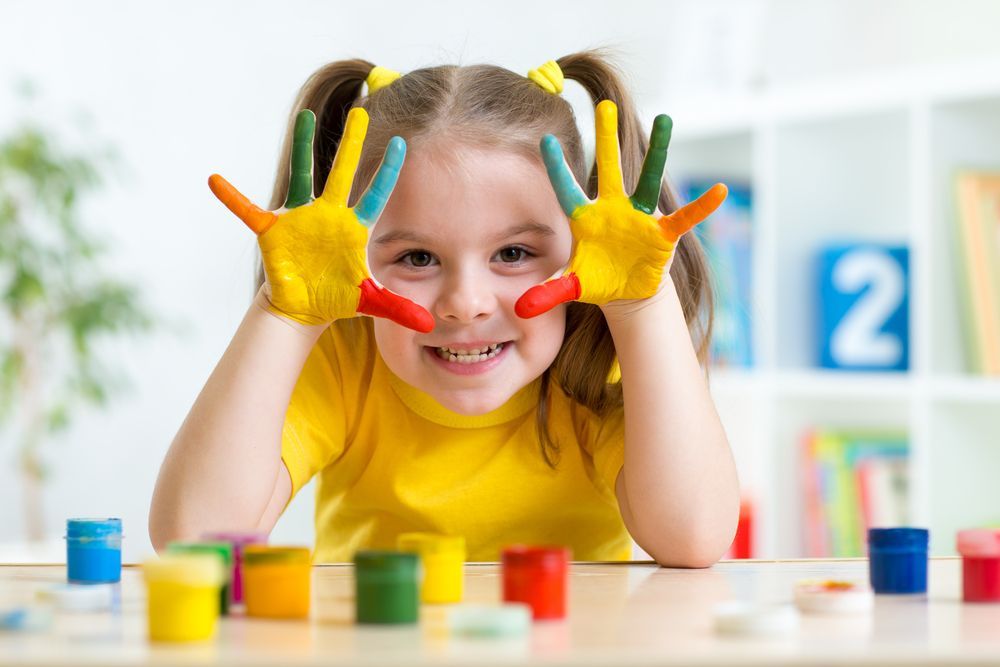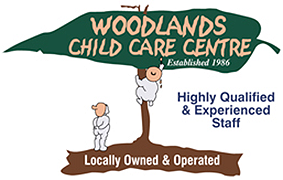How Preschool Helps Develop Problem-Solving Skills
Early childhood is a time of rapid growth, filled with questions, discovery and new experiences. One of the most valuable developmental areas during this stage is problem-solving. While the term may bring to mind puzzles and numbers, it refers more broadly to a child’s ability to think critically, make decisions and respond thoughtfully to everyday challenges.
In a preschool setting, young children are gently introduced to tasks that require independent thinking and collaboration. These activities help them explore solutions, weigh options and try different approaches in a safe and supportive environment. While the outcomes can vary for each child, many preschool experiences are structured to help children engage with simple challenges in meaningful ways.
Learning Through Play: How Open-Ended Activities Encourage Creative Thinking
Play-based learning is central to many preschool programs. Through play, children encounter situations in which they must think creatively, plan their actions, and adapt to new circumstances.
Preschool activities are often designed without a fixed outcome. This allows children to explore different possibilities and take initiative.
- Building with blocks encourages spatial awareness and adaptation when structures fall.
- Role-playing in home corners or dress-ups fosters imaginative problem scenarios.
- Sand and water play introduce concepts of cause and effect through experimentation.
Preschool settings give children the chance to engage with challenges in their own way by offering materials and time for open-ended exploration.
Trial & Error in Action: Why Preschoolers Need Safe Spaces to Experiment
Each child develops at their own pace, and an ideal curriculum should reflect that. A childcare centre that provides individualised learning plans (ILPs) ensures that every child’s unique abilities, interests, and developmental milestones are considered. These personalised plans help educators tailor their approach to the child’s needs, whether it’s focusing on early literacy skills, enhancing social skills, or encouraging physical development.
An individualised curriculum fosters a deeper connection between the educator and the child, helping the child feel valued and understood. It also helps set appropriate learning goals and supports progress at a pace that’s comfortable for the child, reducing any unnecessary pressure or frustration.
Incorporation of Social & Emotional Learning
A core part of developing problem-solving ability is learning through mistakes. Trial and error support cognitive growth and encourage resilience, particularly when children are not penalised for getting things “wrong”.
Preschool educators often support this process by encouraging and posing gentle questions, helping children reflect and try again.
- Dropping balls of different weights helps children explore gravity and speed.
- Trying different ways to zip a jacket reinforces fine motor and sequencing skills.
- Figuring out how to fit a puzzle piece fosters spatial reasoning and patience.
These everyday experiments help children discover that solutions often come through persistence and reflection.
Collaborative Challenges: Building Social Problem-Solving in Group Tasks
Problem-solving in preschool is not limited to individual activities. Many early learning experiences are designed to help children learn how to respectfully work with others, express ideas, and manage differences.
Children who face small social challenges apply early reasoning skills in real-time. Educators may observe and assist when needed, offering neutral support rather than stepping in to fix the problem.
- Taking turns with a popular toy requires negotiation and understanding of fairness.
- Working together to build a block structure involves sharing ideas and space.
- Playing group games encourages rule-following and adapting to unexpected outcomes.
These interactions help children recognise the value of cooperation and compromise in achieving a shared goal.
The Role of Educators: Facilitating Learning Rather Than Providing Answers
Preschool educators contribute significantly to children’s development, not by providing solutions, but by guiding children’s thinking processes. This approach allows children to retain ownership over their problem-solving while receiving appropriate support.
Rather than intervening with direct answers, educators often scaffold learning by prompting children to think through challenges independently.
- Asking “What else could you try?” helps children identify alternative approaches.
- Offering choices encourages decision-making based on available information.
- Observing silently and only intervening when safety or well-being is a concern allows natural problem-solving to unfold.
This facilitation style respects each child’s learning pace and supports their autonomy.
Real-Life Scenarios: Using Everyday Moments to Build Critical Thinking
Preschool routines have small but significant opportunities for children to encounter and respond to challenges. These real-life situations offer a highly relevant and relatable context for children to practise reasoning.
Many of these tasks are self-initiated by the child and embedded in their daily activities.
- Choosing which art materials to use develops planning and resourcefulness.
- Figuring out how to open a lunchbox supports fine motor coordination and persistence.
- Deciding whether to seek help when stuck fosters independence and self-awareness.
By working through everyday challenges, children build confidence in their ability to handle uncertainty appropriately.
Emotional Regulation & Decision-Making: Two Sides of Problem-Solving
Problem-solving is not just about tasks—it also involves recognising and managing emotions. The ability to pause, identify feelings, and respond calmly is closely linked to thoughtful decisions.
Preschool environments often support this growth through structured programs or daily interactions that help children name and process their emotions.
- Labelling feelings like “frustrated” or “disappointed” helps children connect their emotional state to their behaviour.
- Talking about what to do when someone is upset introduces early conflict resolution strategies.
- Taking turns during conversations builds impulse control and consideration of others’ perspectives.
Supporting emotional regulation enhances children’s ability to respond accurately when confronted with a challenge.
The Language of Problem Solving: Encouraging Verbal Reasoning & Reflection
Language plays a key role in problem-solving. When children are encouraged to discuss their ideas, they are more likely to organise their thoughts, express plans and reflect on outcomes.
Educators support language development by modelling rich vocabulary and prompting verbal engagement during activities.
- “Tell me what you’re doing” invites children to verbalise their thoughts.
- “What happened when you tried that?” encourages reflection and adjustment.
- “Can you show me another way?” helps children consider alternatives.
Developing verbal reasoning supports broader cognitive growth and strengthens the foundations for later learning.
How Early Problem-Solving Prepares Children for School & Life
Although development varies widely, exposure to problem-solving experiences in preschool may support skills useful in future learning environments. These include confidence in decision-making, persistence with challenges and flexibility in thinking.
While outcomes can differ from child to child, foundational experiences in early learning settings offer gentle, age-appropriate opportunities to explore these skills.
- Responding to small setbacks builds adaptability and resilience.
- Planning a multi-step activity supports focus and sequencing.
- Managing social situations fosters empathy and perspective-taking.
Together, these skills may contribute to a child’s broader development and support their transition into formal schooling when the time comes.
Interested in Learning More About Preschool in Albury?
At Woodlands Child Care Centre, our preschool program in Albury creates an environment where children are invited to explore, question and reflect. Through carefully designed activities and educator-supported experiences, children can build the foundations of problem-solving at their own pace.
Contact us to learn more about how our Albury preschool program encourages exploration, cooperation and thoughtful decision-making.





